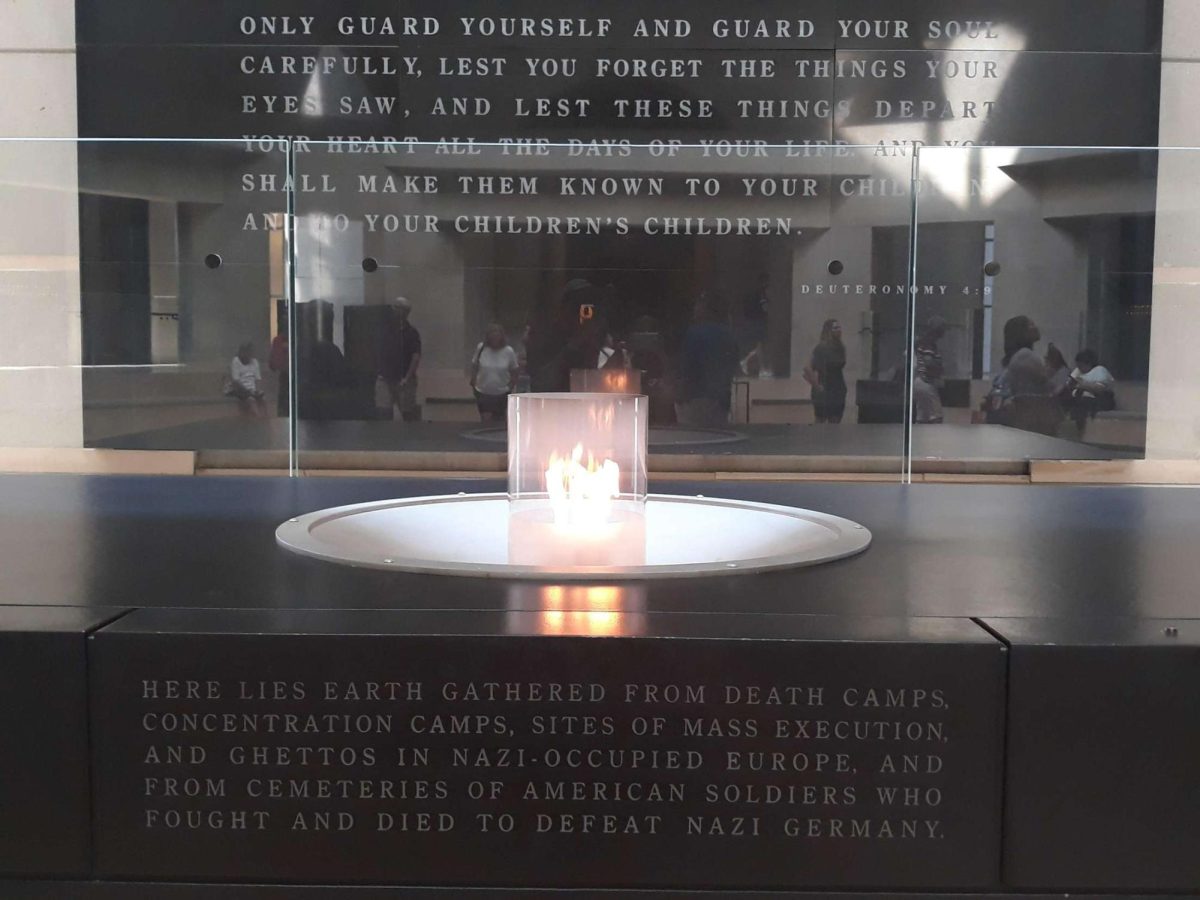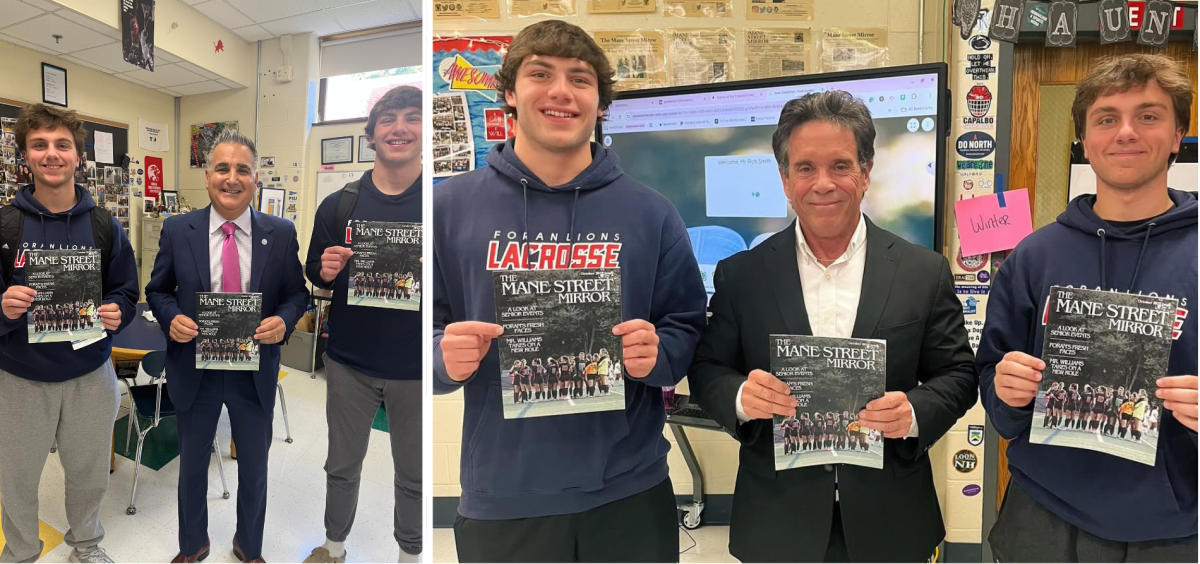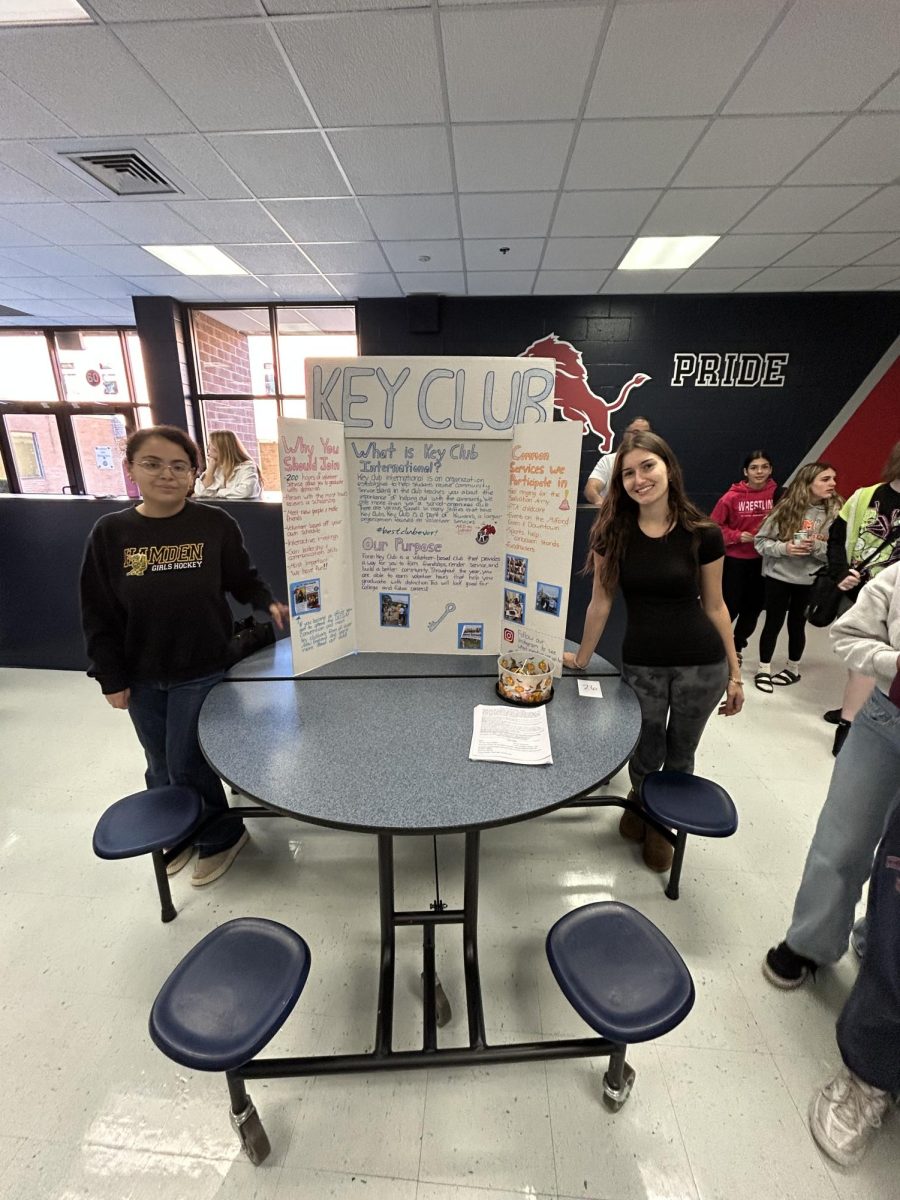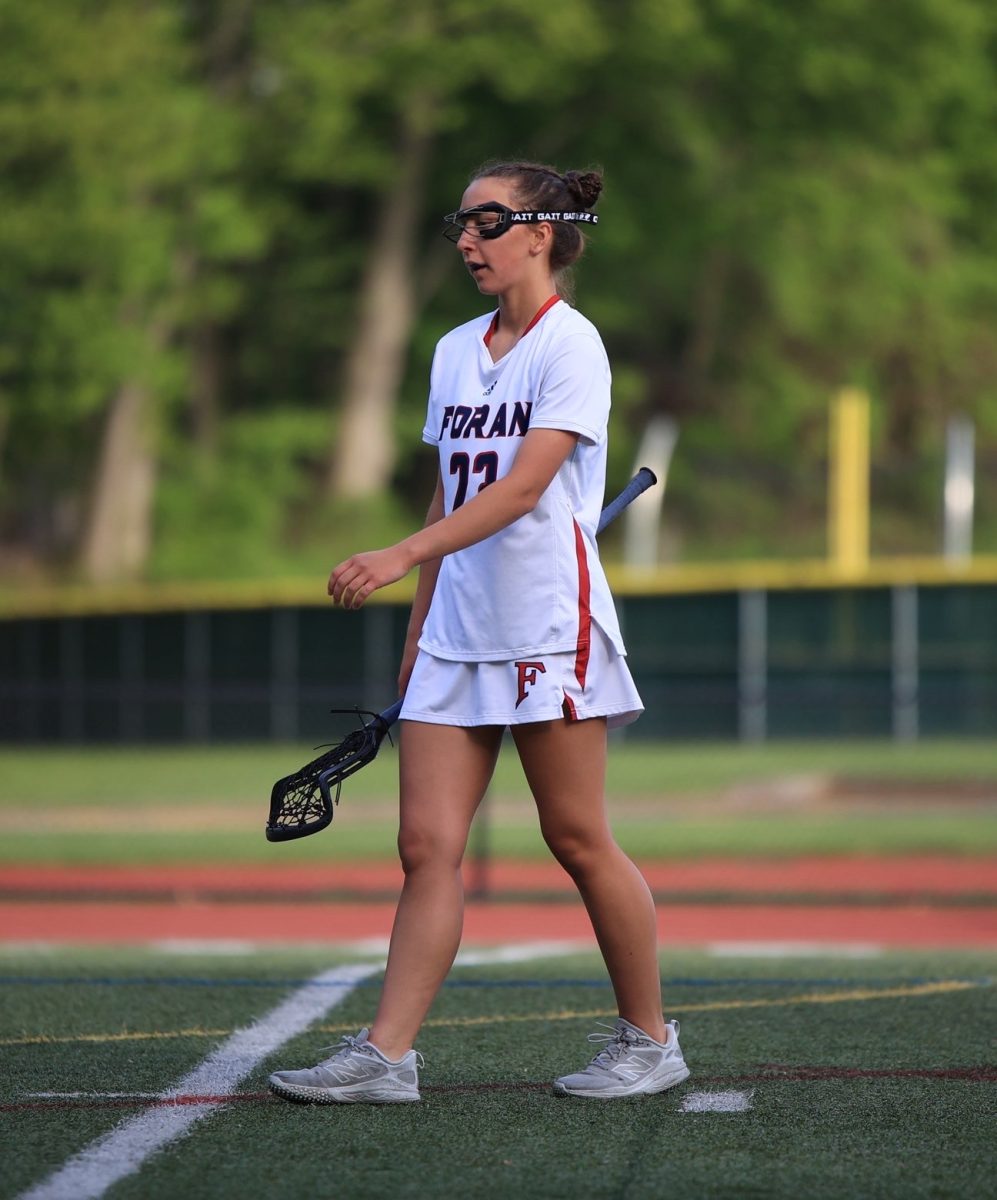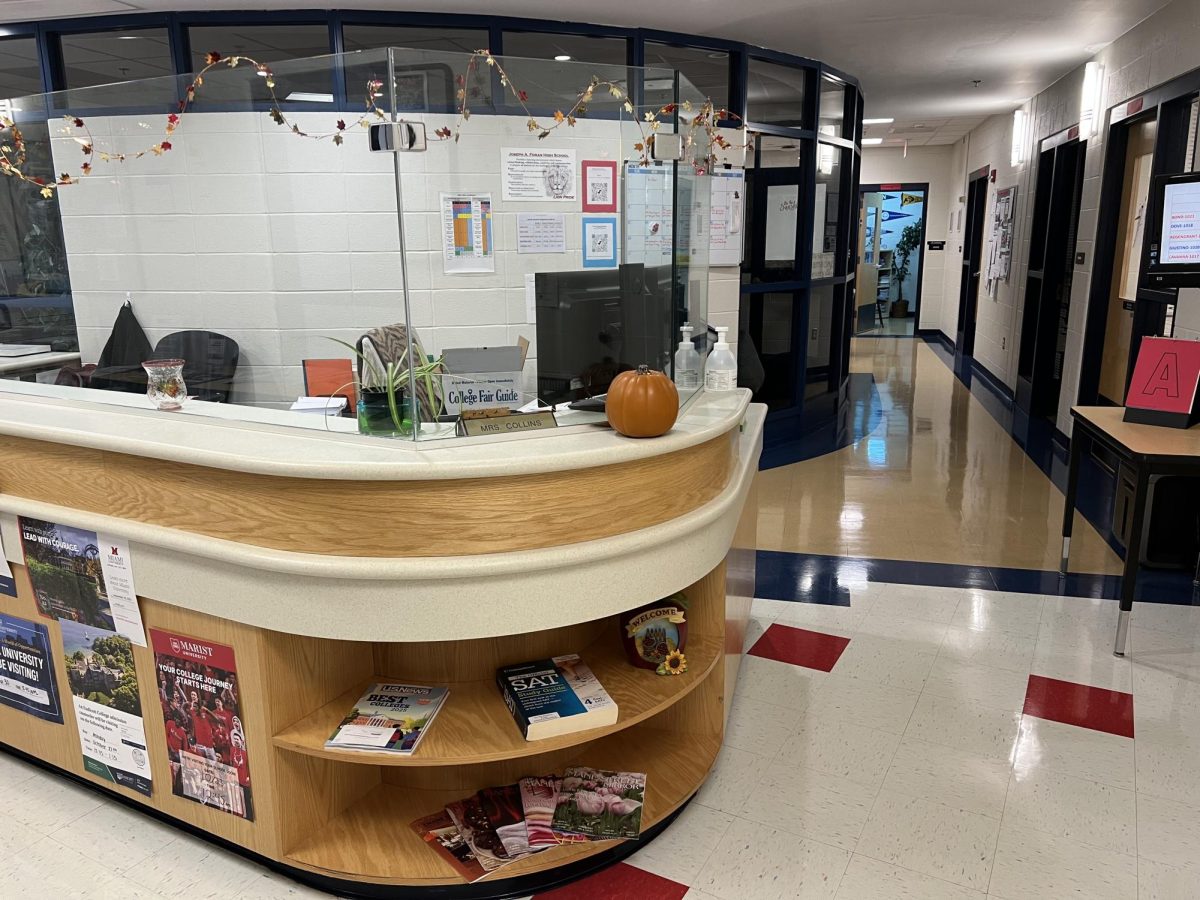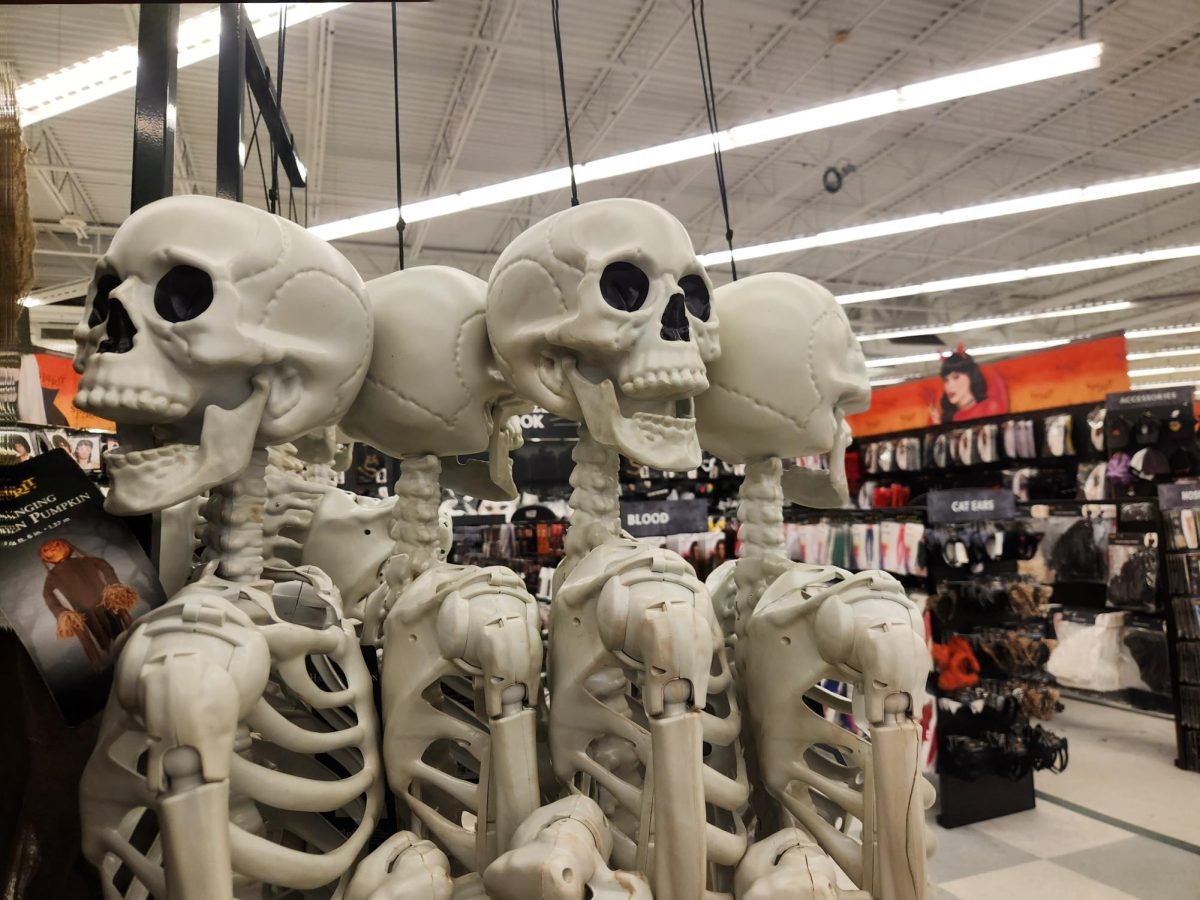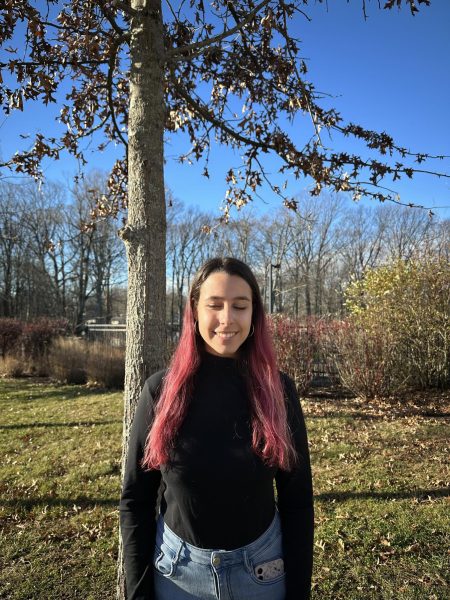“I simply can’t build up my hopes on a foundation consisting of confusion, misery, and death. I see the world gradually being turned into a wildness…if I look up into the heavens, I think that it will all come right, that this cruelty too will end, and that peace and tranquility will return again,” wrote Anne Frank in her diary on July 11, 1944.
According to the United States Holocaust Memorial Museum’s website, January 27 is the anniversary of the liberation of the Auschwitz-Birkenau camps in 1945 and the United Nations General Assembly designated this day as a day to remember the millions of victims of Nazi persecution.
It’s also a day to recognize these important lessons of history amid shocking growth rates of antisemitism and other forms of hate around the world. It’s a time to celebrate survivors and honor those who perished.
Let’s take a look at the Holocaust from a historical point of view. Cynthia Bradford, a history teacher explains,
“The Holocaust was an attempt by the Nazi government of Germany and their co-collaborators to systematically wipe out Jewish men, women and children in addition to others groups they considered as non-Aryan, problematic, racially inferior or political enemies such as Slavic people, physically and/or mentally disabled, Communists, Christians, homosexuals to name a few. It had a catastrophic impact on Jewish populations throughout Europe by decimating families, communities and lives.”
The social studies department at Foran has been inviting speakers to school for Holocaust Remembrance Day for 10 years, so students can hear about what happened from other’s personal experience. Austin Cesare, a history teacher, is actively involved in the organization process of this event.
Cesare shares, “We wanted to make sure that we had the Holocaust covered in our courses, and we wanted to make sure that we gave students the ability to hear from people in person about what they experienced…There is an organization out there, one of them called ‘Hero organization,’ and they actually have people that they’ve known that will talk to students…we wanted to try to make that personal connection for students to understand what happened.”
Cesare added that speakers are either holocaust survivors, or their relatives. No doubt the holocaust is a huge tragedy which had an impact on the whole world.
Even nowadays it’s important to remember about the Holocaust history in order to not make the same mistakes.


